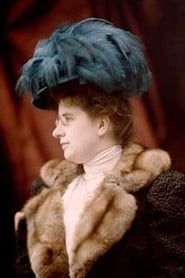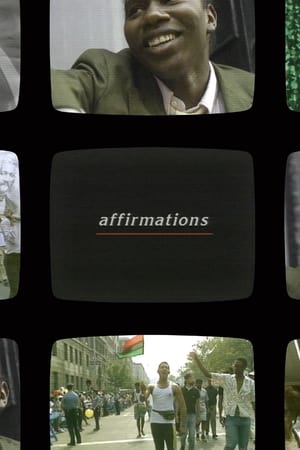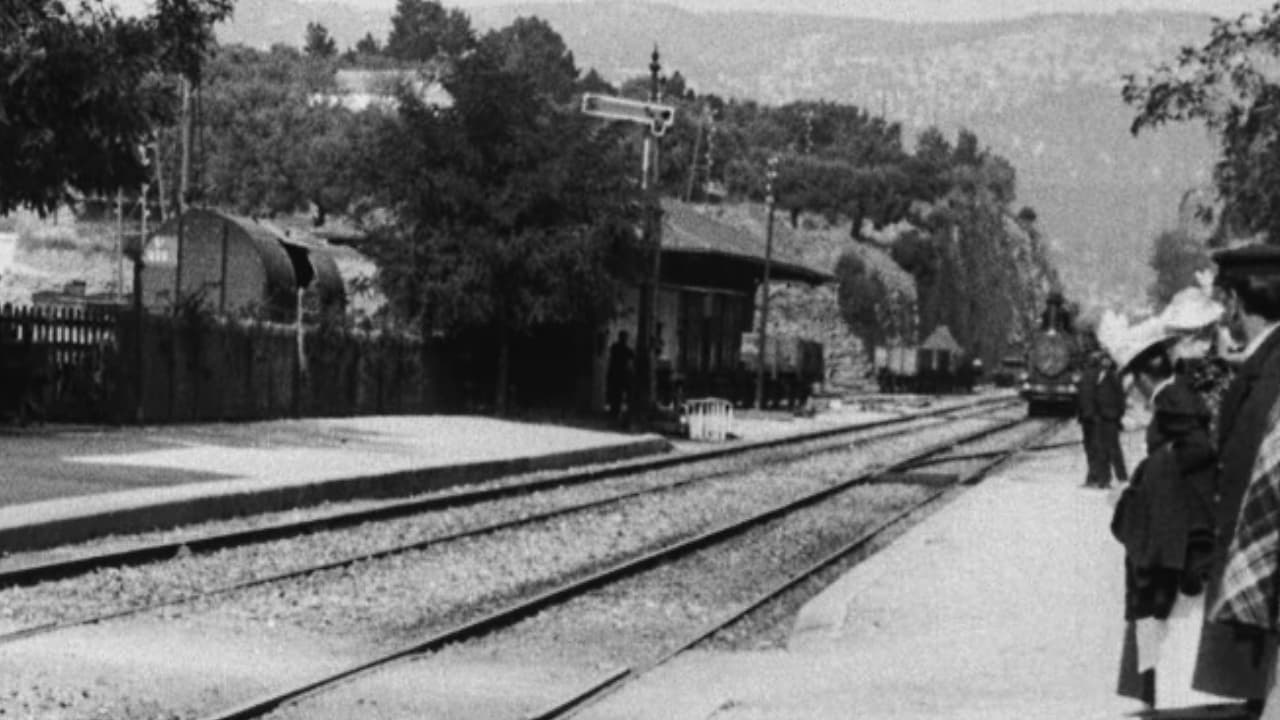

The Arrival of a Train at La Ciotat(1896)
A group of people are standing along the platform of a railway station in La Ciotat, waiting for a train. One is seen coming, at some distance, and eventually stops at the platform. Doors of the railway-cars open and attendants help passengers off and on. Popular legend has it that, when this film was shown, the first-night audience fled the café in terror, fearing being run over by the "approaching" train. This legend has since been identified as promotional embellishment, though there is evidence to suggest that people were astounded at the capabilities of the Lumières' cinématographe.
Movie: The Arrival of a Train at La Ciotat
Top 6 Billed Cast
Self
Self
Self
Self
Self

L'arrivée d'un train à La Ciotat
HomePage
Overview
A group of people are standing along the platform of a railway station in La Ciotat, waiting for a train. One is seen coming, at some distance, and eventually stops at the platform. Doors of the railway-cars open and attendants help passengers off and on. Popular legend has it that, when this film was shown, the first-night audience fled the café in terror, fearing being run over by the "approaching" train. This legend has since been identified as promotional embellishment, though there is evidence to suggest that people were astounded at the capabilities of the Lumières' cinématographe.
Release Date
1896-06-30
Average
7.083
Rating:
3.5 startsTagline
Genres
Languages:
No LanguageKeywords
Recommendations Movies
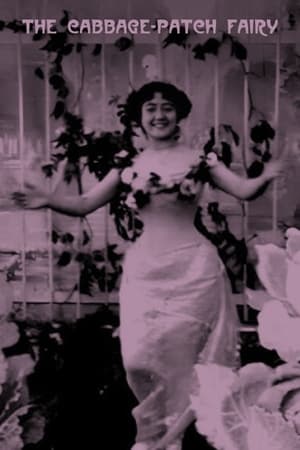 5.2
5.2The Cabbage-Patch Fairy(fr)
A brief fantasy tale involving a strange fairy who can produce and deliver babies coming out of cabbages. This film is lost or never existed. Copies of it online are actually the 1900 remake.
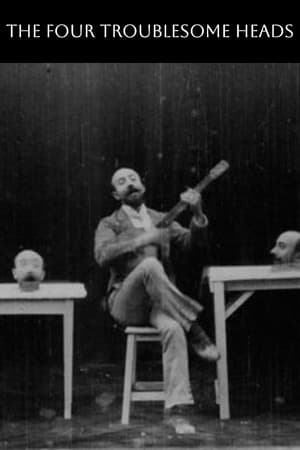 7.2
7.2The Four Troublesome Heads(fr)
One of the greatest of black art pictures. The conjurer appears before the audience, with his head in its proper place. He then removes his head, and throwing it in the air, it appears on the table opposite another head, and both detached heads sing in unison. The conjurer then removes it a third time. You then see all three of his heads, which are exact duplicates, upon the table at one time, while the conjurer again stands before the audience with his head perfectly intact, singing in unison with the three heads upon the table. He closes the picture by bowing himself from the stage.
 6.7
6.7Workers Leaving the Lumière Factory(fr)
Working men and women leave through the main gate of the Lumière factory in Lyon, France. Filmed on 22 March 1895, it is often referred to as the first real motion picture ever made, although Louis Le Prince's 1888 Roundhay Garden Scene pre-dated it by seven years. Three separate versions of this film exist, which differ from one another in numerous ways. The first version features a carriage drawn by one horse, while in the second version the carriage is drawn by two horses, and there is no carriage at all in the third version. The clothing style is also different between the three versions, demonstrating the different seasons in which each was filmed. This film was made in the 35 mm format with an aspect ratio of 1.33:1, and at a speed of 16 frames per second. At that rate, the 17 meters of film length provided a duration of 46 seconds, holding a total of 800 frames.
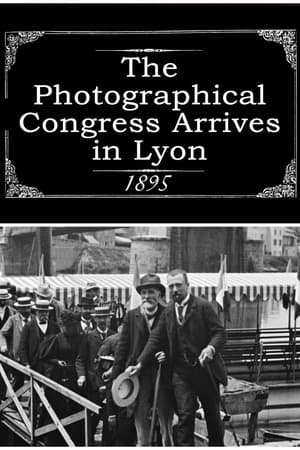 5.3
5.3The Photographical Congress Arrives in Lyon(fr)
Down the gangway, photographers leave the deck of a riverboat in large numbers.
 5.5
5.5Tokyo Train Girls: Private Lessons(ja)
New teacher Chihiro has been on the job for three months. She does her job with great enthusiasm, but she has a secret that nobody must know. As a student, she accumulated debt in order to keep up with her well-to-do friends. She can’t pay it back on the wages of a teacher so she started working part-time as a Chat-Lady. In front of a web camera that hides her face, she shakes her breasts and hips. By chance, her student, Kazuaki discovers the web site.
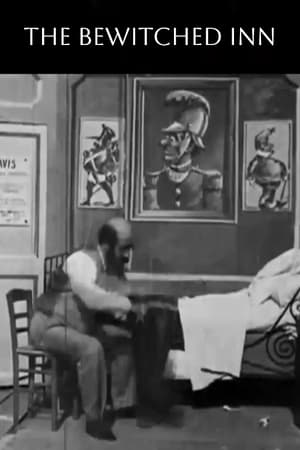 6.3
6.3The Bewitched Inn(fr)
A weary traveler stops at an inn along the way to get a good night's sleep, but his rest is interrupted by odd happenings when he gets to his room--beds vanishing and re-appearing, candles exploding, pants flying through the air and his shoes walking away by themselves.
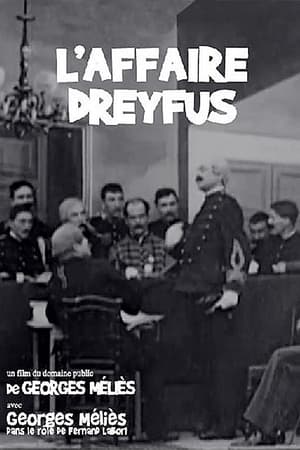 5.7
5.7The Dreyfus Affair(fr)
The first movie ever censored for political reasons. The title refers to the then contemporaneous Dreyfus affair in which a Jewish military officer was falsely convicted of treason, and it was alleged that he was framed due to anti-semitism.
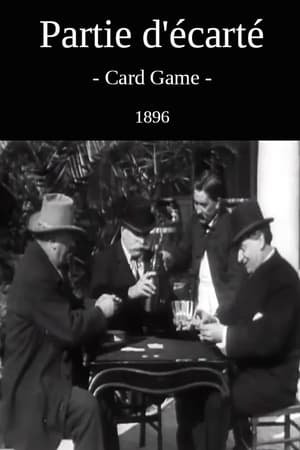 5.6
5.6Game of Cards(fr)
Three men are sitting around a table, two of them playing a game of Écarté. When the game is over, a domestic serves drinks.
 6.0
6.0Ali G Before He Was Massiv(en)
Documentary exploring comedian Sacha Baron Cohen's rise to fame through rare archive video of his early television appearances and interviews with former associates.
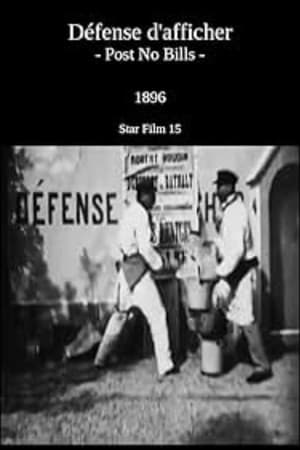 5.3
5.3Post No Bills(fr)
A soldier stands guard at a sentry box and leaves it unprotected for a moment, a moment that two men take advantage of to put up posters where it is prohibited.
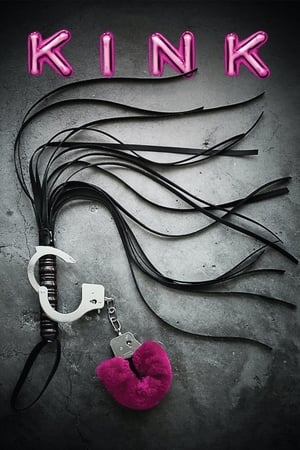 5.2
5.2Kink(en)
Director Christina Voros and producer James Franco pull back the curtain on the fetish empire of Kink.com, the Internet's largest producer of BDSM content. In a particularly obscure corner of an industry that operates largely out of public view, Kink.com's directors and models strive for authenticity. In an enterprise often known for exploitative practices, Kink.com upholds an ironclad set of values to foster an environment that is safe, sane, and consensual.
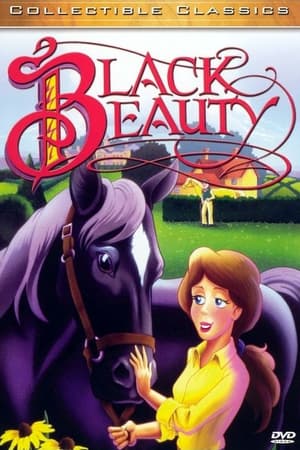 5.8
5.8Black Beauty(en)
Black Beauty lives with Squire Gordon and his stable girl Jenny. Squire Gordon is forced to sell Black Beauty to a cruel society lady. He is a sweet-tempered horse who through the course of his life encounters many trying experiences. He endures through his unyielding courage and faith.
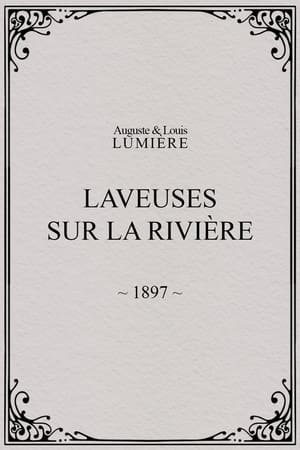 5.3
5.3Washerwomen on the River(fr)
Women wash clothes in a washhouse on the edge of a river.
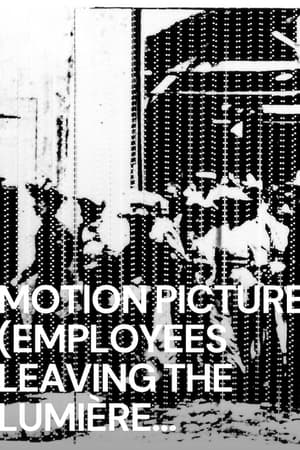 3.8
3.8Motion Picture (Employees Leaving the Lumière Factory)(xx)
In the darkroom, 50 unexposed film strips were laid across a surface, upon which a frame of "La sortie des ouvrier de l'usine Lumière" was projected. The stringing together of the individual developed sections make up the new film, which reads the original frame like a page from a musical score: within the strips from top to bottom and sequentially from left to right.
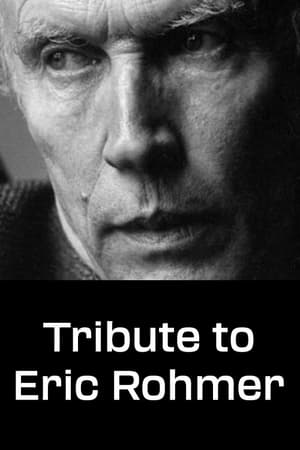 4.5
4.5Tribute to Eric Rohmer(fr)
Brief, fragmented memories of Rohmer spoken by Godard, while the screen shows various titles of articles Rohmer wrote for Cahiers du Cinema.
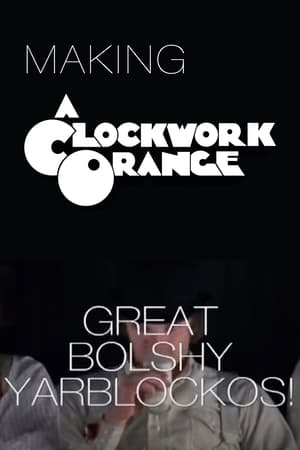 6.0
6.0Great Bolshy Yarblockos!: Making 'A Clockwork Orange'(en)
In this documentary, we follow Stanley Kubrick as he creates one of the most controversial films of all time, one that retains its power to shock audiences, even after 35 years. At the time of its release, A Clockwork Orange created a firestorm of controversy. Through interviews with collaborators, filmmakers, screenwriters and authors, we come to appreciate Stanley Kubrick as an artist unafraid to take risks and court controversy, committed unwaveringly to his single-minded goal: the highest artistic quality of his films.
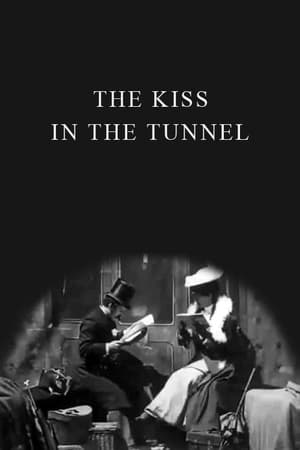 5.8
5.8The Kiss in the Tunnel(en)
Produced and directed by George Albert Smith, the film shows a couple sharing a brief kiss as their train passes through a tunnel. The Kiss in the Tunnel is said to mark the beginnings of narrative editing. It is in fact, two films in one, hence the 2 min length. Firstly, the G.A. Smith film here for the central cheeky scene in the carriage. The train view footage however is Cecil Hepworth's work, entitled 'View From An Engine Front - Shilla Mill Tunnel', edited into two halves in order to provide a visual narrative of the train entering the tunnel before the kiss and then leaving afterwards. More information about the filming of the phantom train ride can be found searching for the Hepworth film separately.
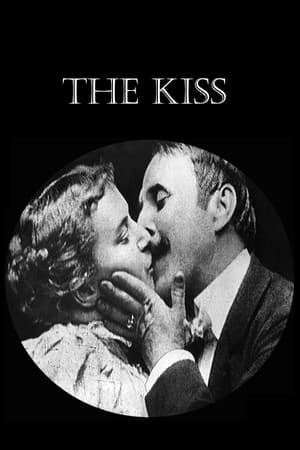 5.3
5.3The Kiss(xx)
They get ready to kiss, begin to kiss, and kiss in a way that brings down the house every time.
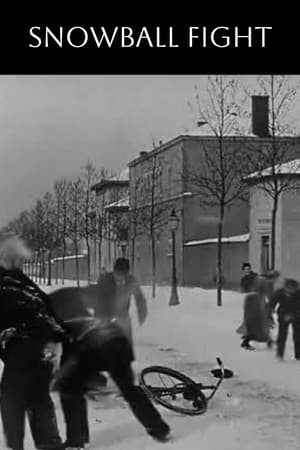 6.6
6.6Snowball Fight(fr)
Wintertime in Lyon. About a dozen people, men and women, are having a snowball fight in the middle of a tree-lined street. The cyclist coming along the road becomes the target of opportunity. He falls off his bicycle. He's not hurt, but he rides back the way he came, as the fight continues.
Similar Movies
 6.7
6.7Workers Leaving the Lumière Factory(fr)
Working men and women leave through the main gate of the Lumière factory in Lyon, France. Filmed on 22 March 1895, it is often referred to as the first real motion picture ever made, although Louis Le Prince's 1888 Roundhay Garden Scene pre-dated it by seven years. Three separate versions of this film exist, which differ from one another in numerous ways. The first version features a carriage drawn by one horse, while in the second version the carriage is drawn by two horses, and there is no carriage at all in the third version. The clothing style is also different between the three versions, demonstrating the different seasons in which each was filmed. This film was made in the 35 mm format with an aspect ratio of 1.33:1, and at a speed of 16 frames per second. At that rate, the 17 meters of film length provided a duration of 46 seconds, holding a total of 800 frames.
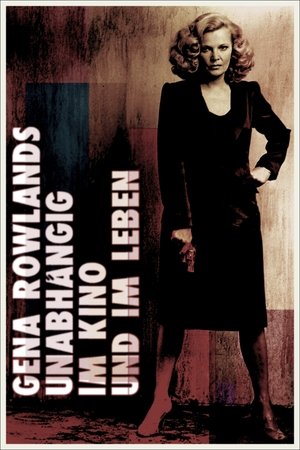 7.2
7.2Gena Rowlands: A Life on Film(de)
An intimate portrait of the superb actress Gena Rowlands, icon of independent cinema. Together with her husband, legendary director John Cassavetes (1929-89), she lived an unusual life beyond the dream factory, a life in which reality and fiction were so perfectly intertwined that it made possible films that still today seem incredibly real.
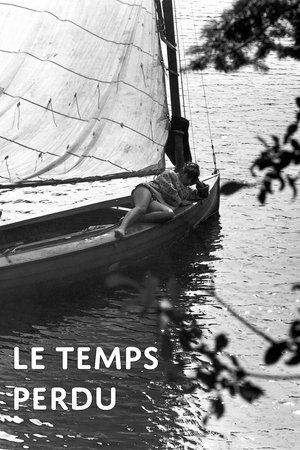 6.1
6.1The End of Summer(fr)
A 16 year old girl recalls the last moments of her summer vacation, spent with friends in the Laurentians north of Montreal. She reminisces about their talks on life, death, love, and God. Shot in direct cinema style, working from a script that left room for the teenagers to improvise and express their own thoughts, the film sought to capture the immediacy of the youths presence their bodies, their language, their environment.
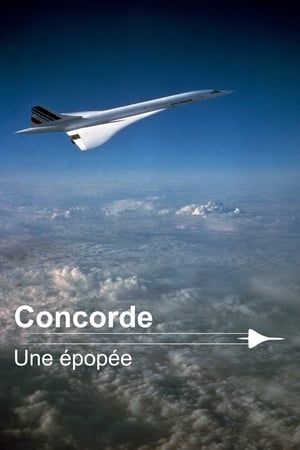 8.0
8.0Concode, an Epic Saga(fr)
Fifty years ago, on Sunday, 2 March 1969, Concorde flew for the first time. Starting from this inaugural flight, the film goes back in time to the origin of the conception of Concorde.
 8.0
8.0Flying Supersonic(fr)
Thundering across the sky on elegant white wings, the Concorde was an instant legend. But behind the glamour of jet setting at Mach 2 were stunning scientific innovations and political intrigue. Fifteen years after Concorde's final flight, this documentary takes you inside the historic international race to develop the first supersonic airliner. Hear stories from those inside the choreographed effort to design and build Concorde in two countries at once - and the crew members who flew her.
 0.0
0.0Post Traumatic: An American Nightmare(en)
This thirty minute documentary features interviews with Giovinazzo's key contemporaries discussing the continued impact and influence of Combat Shock twenty-five years later.
 7.5
7.5Berlin: Symphony of a Great City(de)
A day in the city of Berlin, which experienced an industrial boom in the 1920s, and still provides an insight into the living and working conditions at that time. Germany had just recovered a little from the worst consequences of the First World War, the great economic crisis was still a few years away and Hitler was not yet an issue at the time.
 7.0
7.0Land Without Bread(es)
An exploration —manipulated and staged— of life in Las Hurdes, in the province of Cáceres, in Extremadura, Spain, as it was in 1932. Insalubrity, misery and lack of opportunities provoke the emigration of young people and the solitude of those who remain in the desolation of one of the poorest and least developed Spanish regions at that time.
 4.7
4.7Railway Station(pl)
Kieslowski’s later film Dworzec (Station, 1980) portrays the atmosphere at Central Station in Warsaw after the rush hour.
Life Squared(en)
This project uses mixed reality convergence through which users can participate in some of the digital existing archive of Lynn Hershman Leeson, now housed in the Special Collections Library at Stanford University. Created in 2006, this project is one of the first artist archive projects in Second Life and has been exhibited at the Museum of Contemporary Art Montreal, ISEA and San Francisco Museum of Modern Art.
 6.7
6.7Caligari: When Horror Came to Cinema(de)
On February 26, 1920, Robert Wiene's world-famous film The Cabinet of Dr. Caligari premiered at the Marmorhaus in Berlin. To this day, it is considered a manifesto of German expressionism; a legend of cinema and a key work to understand the nature of the Weimar Republic and the constant political turmoil in which a divided society lived after the end of the First World War.
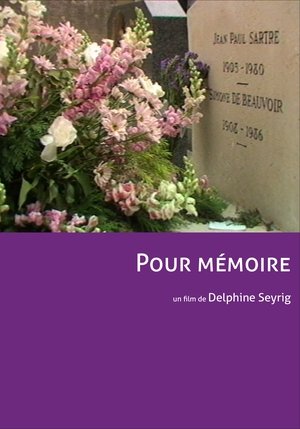 0.0
0.0In Memory(fr)
One year after the death of Simone de Beauvoir (14 april 1986) Delphine Seyrig pays homage by visiting her grave. which she finds still covered with flowers and letters from all over the world.
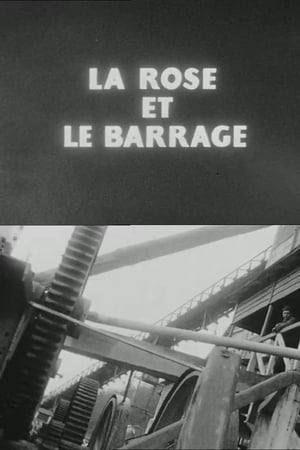 5.0
5.0La Rose et le Barrage(fr)
A parallel montage of the construction of a dam in Galicia and the architecture of a small Roman-style church.
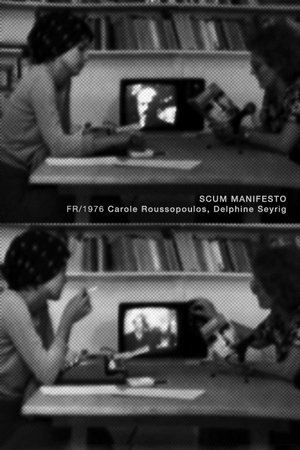 5.3
5.3Scum Manifesto(fr)
Delphine Seyrig reads passages from a Valerie Solanas’s SCUM manifesto.
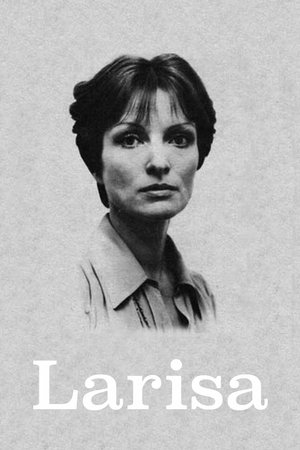 5.9
5.9Larisa(ru)
Elem Klimov's documentary ode to his wife, director Larisa Shepitko, who was killed in an auto wreck.
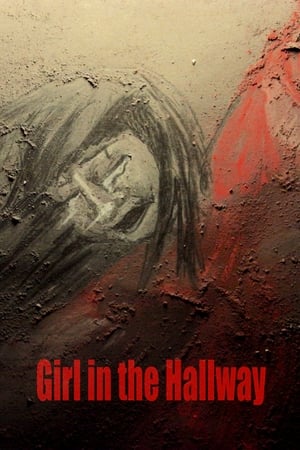 6.0
6.0Girl in the Hallway(en)
A story from childhood and an indelible image continue to haunt Jamie many years later.
 0.0
0.0Afro Promo(en)
Co-curated by Jenni Olson and the late Black gay activist Karl Knapper, this entertaining showcase of vintage movie trailers traces the evolution of African American cinema through its most crucial period, 1952-1976. Filled with insights on race and social dynamics, this fascinating compendium of coming attractions explores an extensive range of stylistic approaches—Blaxploitation, Comedy, Music Bio, Plantation Drama and more—offering an outrageous joyride through motion picture history. Beyond mere camp, these marvelously condensed gems crystallize a range of African American identities and personalities, tracking the meteoric careers of Sidney Poitier, James Earl Jones, Billy Dee Williams, Richard Pryor, Pam Grier and others through their bold performances in movies both hugely popular and practically forgotten. Afro Promo provides a compact glimpse at the representation of African Americans through twenty-five dynamic years of American cinema history.
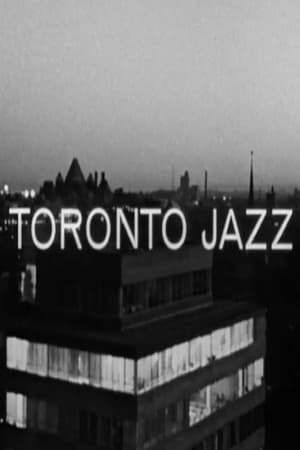 6.0
6.0Toronto Jazz(en)
Toronto is regarded as the third largest jazz centre in North America. This film features a cross-section of jazz bands of that city: the Lenny Breau Trio, the Don Thompson Quintet and the Alf Jones Quartet. Their styles show creative self-expression, hard work, and improvisation.
